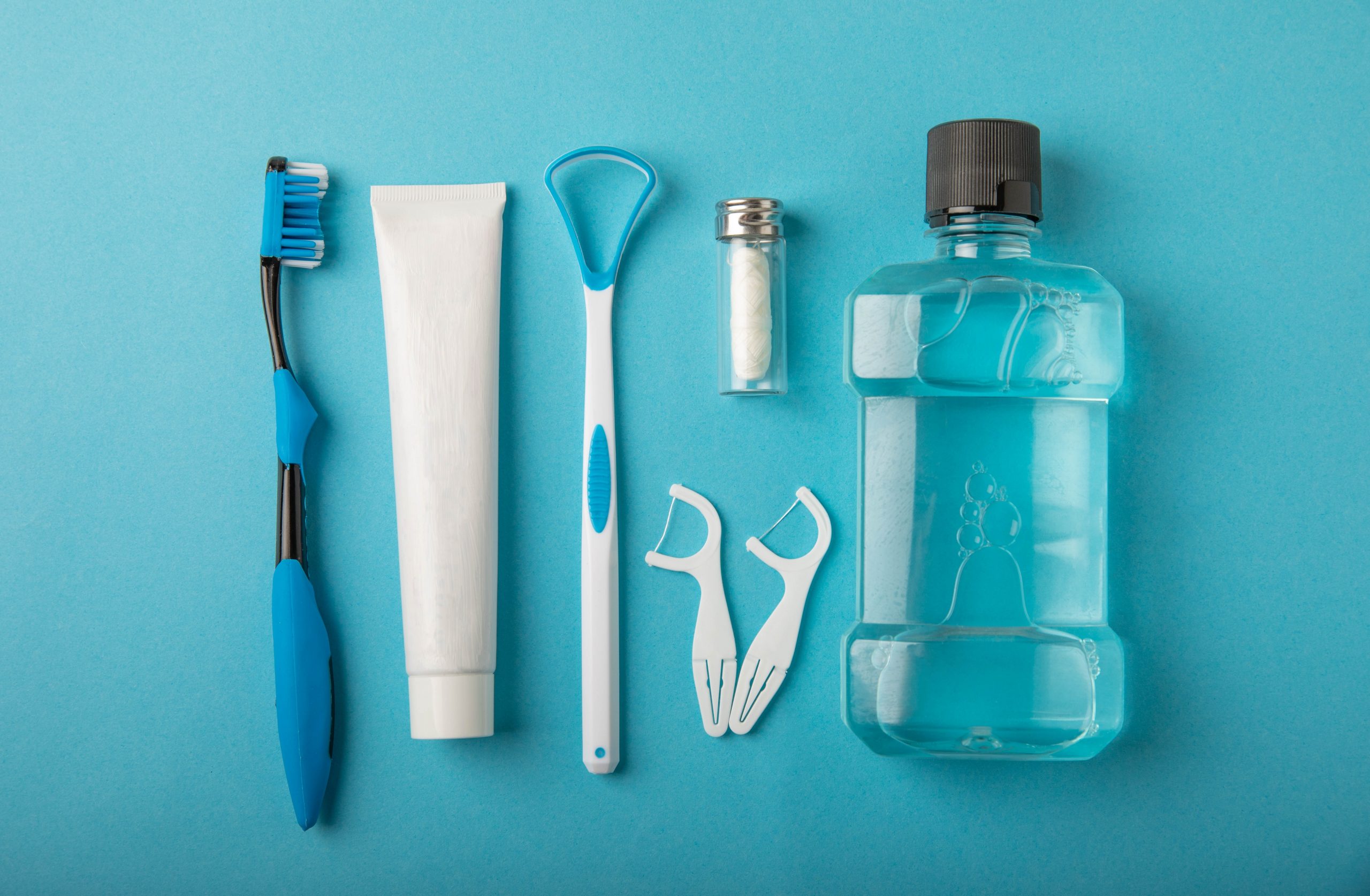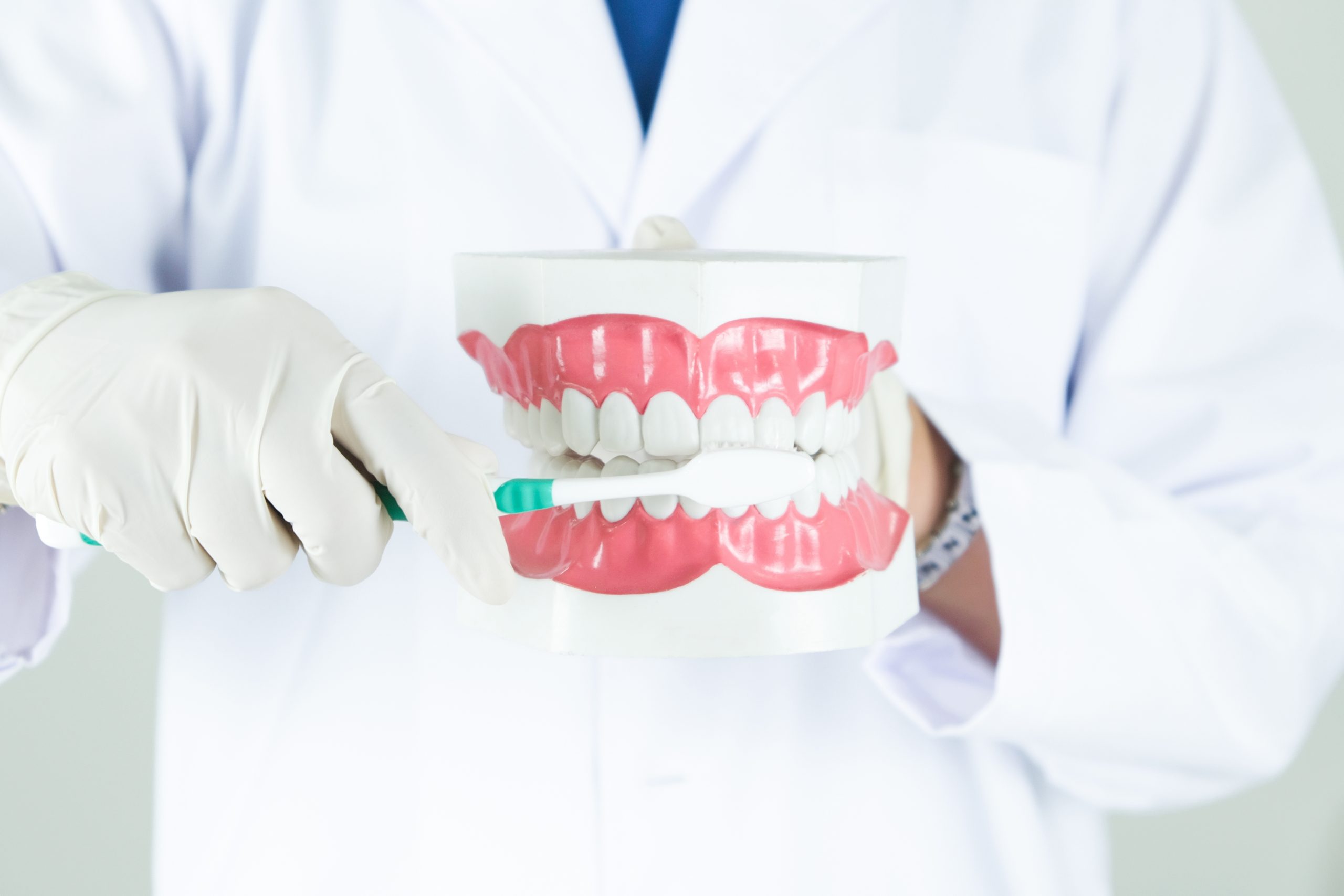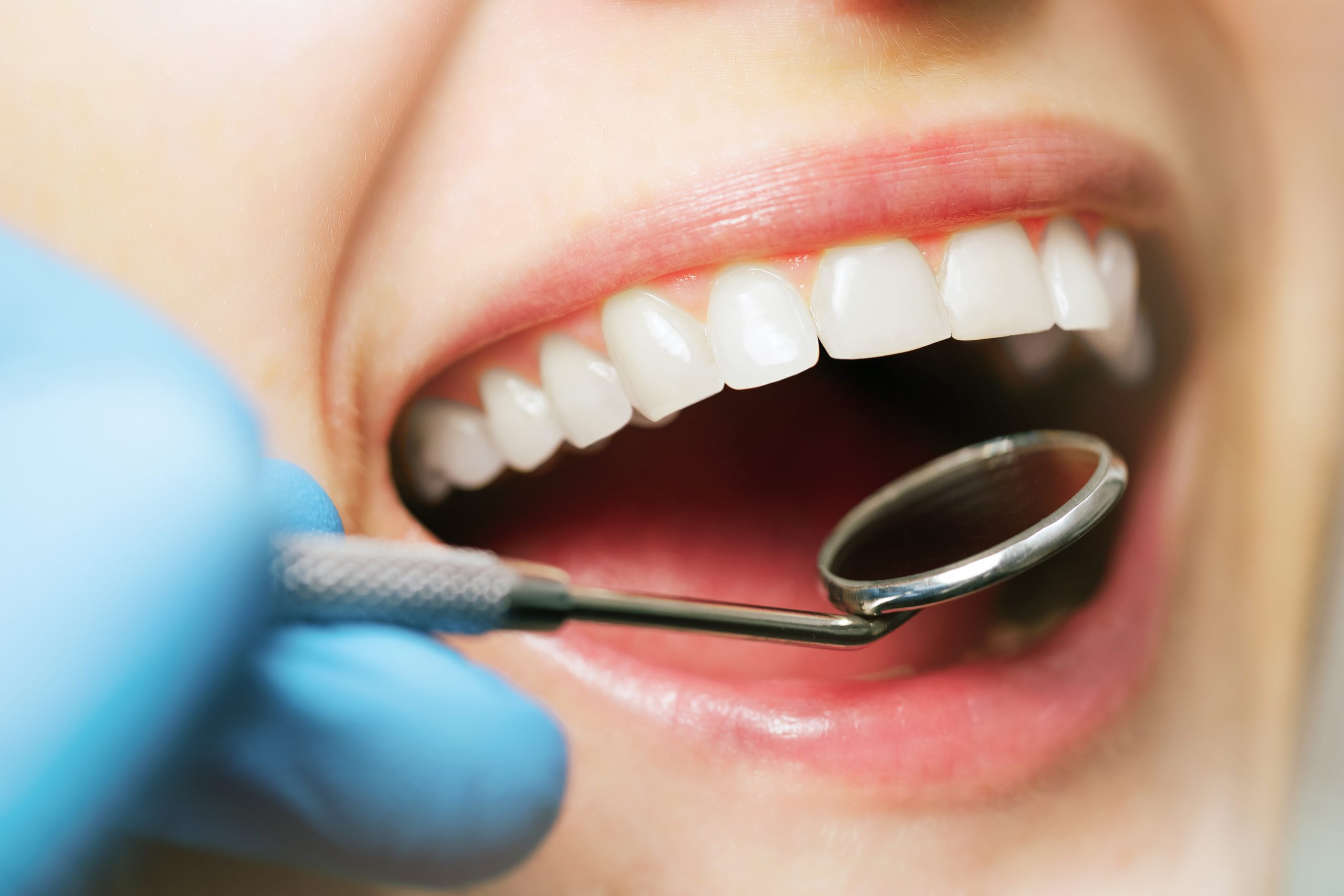Maintaining good dental hygiene goes beyond having a bright smile and fresh breath. It plays a critical role in promoting overall health and well-being. Taking care of your teeth and gums is not just about aesthetics; it is an essential part of a healthy lifestyle. In this article, we will explore the importance of dental hygiene and how it contributes to your overall health.
- Preventing Tooth Decay:
Practicing proper dental hygiene, including regular brushing and flossing, is crucial for preventing tooth decay. When you brush your teeth at least twice a day and floss daily, you remove plaque and food particles that can lead to cavities. Tooth decay, if left untreated, can cause pain, infection, and even tooth loss. By maintaining good dental hygiene, you can reduce the risk of developing tooth decay and preserve your natural teeth.
- Gum Disease Prevention:
Gum disease, also known as periodontal disease, is a bacterial infection that affects the gums and supporting structures of the teeth. It starts with inflammation and can progress to more severe conditions, including gum recession and bone loss. Poor dental hygiene, along with factors like smoking, poor nutrition, and certain medical conditions, can contribute to the development of gum disease. By practicing regular brushing, flossing, and visiting your dentist for professional cleanings, you can prevent gum disease and maintain healthy gums.
- Systemic Health Connection:
Good oral health is connected to your overall systemic health. Research has shown a link between gum disease and various health conditions, including heart disease, diabetes, respiratory infections, and adverse pregnancy outcomes. Poor oral hygiene can lead to the growth of harmful bacteria in the mouth, which can enter the bloodstream and potentially contribute to systemic inflammation and other health issues. By taking care of your oral health, you are also supporting your overall well-being.
- Fresh Breath and Confidence:
Maintaining good dental hygiene helps keep your breath fresh, promoting better social interactions and confidence. Bad breath, also known as halitosis, can be caused by poor oral hygiene, gum disease, or other oral health problems. Regular brushing, flossing, and tongue cleaning can help eliminate bacteria and food particles that contribute to bad breath, allowing you to feel more confident in social and professional settings.
- Early Detection of Oral Health Issues:
Regular dental check-ups are essential for early detection and prevention of oral health issues. During these visits, your dentist can perform a thorough examination, including screening for oral cancer and evaluating the health of your teeth and gums. Detecting problems early on allows for timely intervention and treatment, preventing the progression of oral health issues and potentially reducing the need for more invasive procedures.
- Overall Quality of Life:
Taking care of your dental hygiene can significantly improve your overall quality of life. When you have healthy teeth and gums, you can enjoy a wide range of foods, speak clearly, and smile with confidence. Good oral health also contributes to improved self-esteem, better overall oral function, and reduced pain or discomfort associated with oral health problems.
To maintain good dental hygiene, follow these essential steps:
- Brush your teeth at least twice a day using fluoride toothpaste.
- Floss daily to clean between the teeth and along the gumline.
- Rinse with mouthwash to further reduce bacteria and freshen breath.
- Limit sugary and acidic foods and drinks, as they can contribute to tooth decay.
- Visit your dentist regularly for professional cleanings and check-ups.
In conclusion, dental hygiene is not just about having a healthy smile; it is a vital component of overall health and well-being. By practicing proper dental hygiene, you can prevent tooth decay, gum disease, and other oral health issues. Additionally, good oral health contributes












